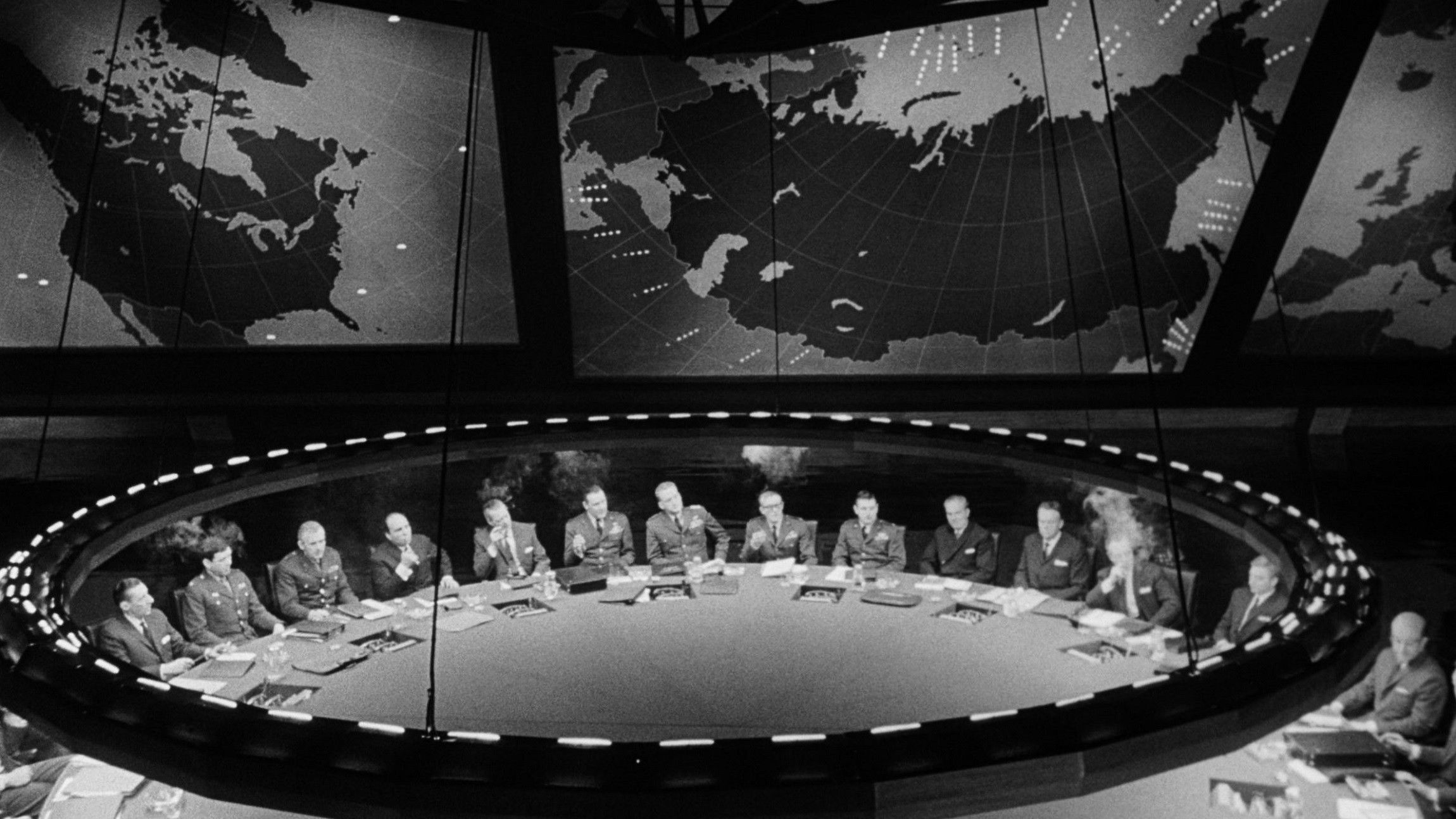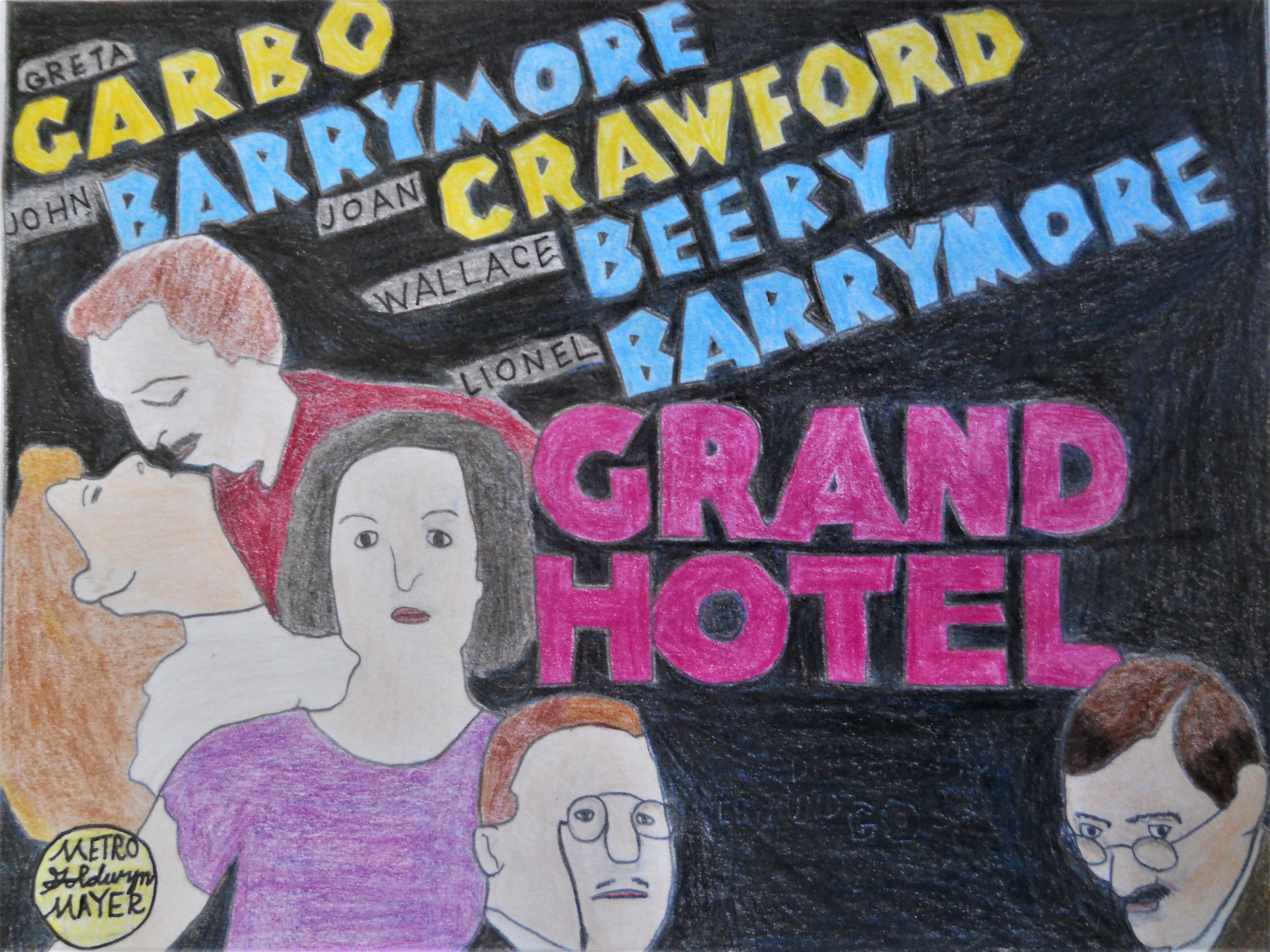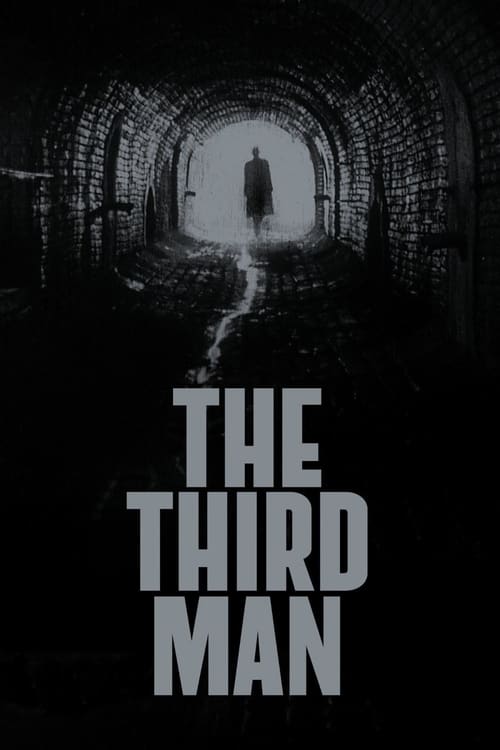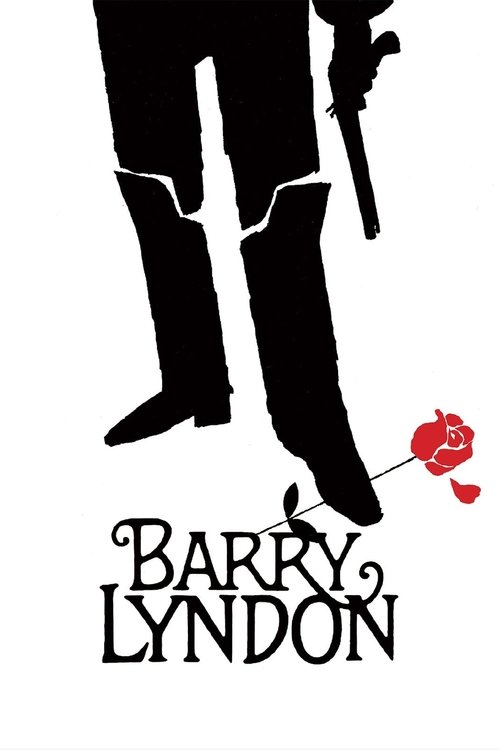
1964
Dr. Strangelove or: How I Learned to Stop Worrying and Love the Bomb
Comedy, War
9.0
User Score
6046 Votes
Status
Released
Language
en
Budget
$1.800.000
Production
Hawk Films, Columbia Pictures
Overview
After the insane General Jack D. Ripper initiates a nuclear strike on the Soviet Union, a war room full of politicians, generals and a Russian diplomat all frantically try to stop it.
Review
CRCulver
9.0
Stanley Kubrick's 1964 film <i>Dr. Strangelove</i> is a hilarious film about the nuclear annihilation of the human race. Its plot combines three strands that lead inevitably to this doomsday. In the first, an Air Force base commander (Sterling Hayden) goes insane and launches the go-code for his B52s to drop the bomb on their targets in Russia, while a British captain on an officer exchange program (Peter Sellers) tries to reason with him. In the second strand, we see the crew of a B52 commanded by the cowboyish Major Kong (Slim Pickens) as they prepare to drop the bomb. Finally, there are the scenes from the Pentagon war room, where the American president (again Peter Sellers) harangues a general (George C. Scott) about how this could have happened, until the mysterious German scientist Dr. Strangelove (Peter Sellers yet again) offers a solution.
Originally meant to be a straightforward adaptation of a political thriller novel, <i>Dr. Strangelove</i> became a madcap comedy. The characters' sexual quirks, anti-Communist hysteria and nonchalance about the coming apocalypse and are exaggerated to the point of farce. No other Peter Sellers film shows off his range of talents so well: he segues effortlessly between Captain Mandrake, a nervous fellow with a British accident already antiquated at the time the film was made, the staid American politician President Merkin Muffley, and Dr. Strangelove, one of the Nazi scientists that the USA brought over after World War II.
Filmgoers must have perceived this film somewhat differently, when the threat of nuclear annihilation felt very real. Contemporary audiences won't fully get how black this black comedy is. Nonetheless, this film remains perennially funny, and even after numerous viewings over the last 15 years or so I still laugh every time.
Read More 
barrymost
8.0
A U.S. bomber plane is heading for Russia. Communications are unavailable. The Commie Russians have built a doomsday device. And, according to crazy, (wheelchair-bound?), ex-Nazi scientist, Dr. Strangelove, nuclear destruction is upon us all! Thanks to this eccentric comedy, I now have considerable respect for the talent of Peter Sellers. How he pulled off three totally different roles so convincingly is just beyond me. Especially his portrayal of the U.S. President; I could hardly believe that British Peter Sellers could do an American accent that naturally. This was apparently a very black comedy for its time, as the threat of nuclear war was really a thing when this was filmed. Offbeat, humorous script includes some eyebrow-raising, edgy dialogue and scenes.
Would I recommend? Yes, to those with a open mind, or a taste for a truly bizarre kind of comedy.
Read More 



